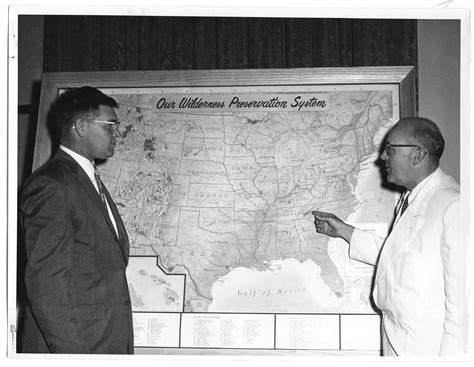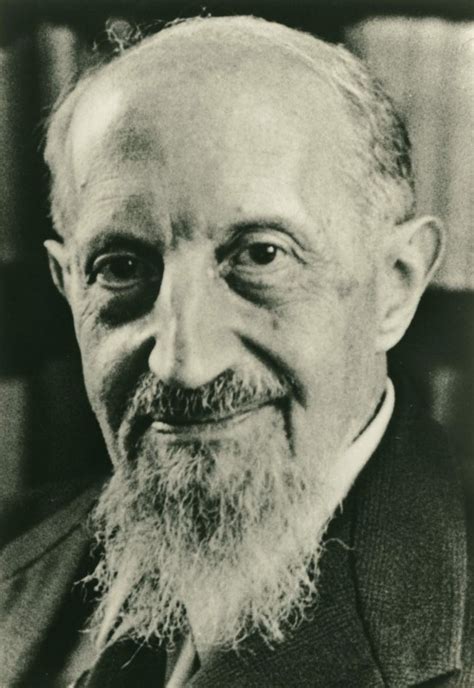A Quote by Carl Jung
Modern man is battered by the fundamental forces of his own psyche.
Quote Topics
Related Quotes
Instead of being at the mercy of wild beasts, earthquakes, landslides, and inundations, modern man is battered by the elemental forces of his own psyche. This is the World Power that vastly exceeds all other powers on earth. The Age of Enlightenment, which stripped nature and human institutions of gods, overlooked the God of Terror who dwells in the human soul.
The gigantic catastrophes that threaten us today are not elemental happenings of a physical or biological order, but psychic events. To a quite terrifying degree we are threatened by wars and revolutions which are nothing other than psychic epidemics. At any moment several million human beings may be smitten with a new madness, and then we shall have another world war or devastating revolution. Instead of being at the mercy of wild beasts, earthquakes, landslides, and inundations, modern man is battered by the elemental forces of his own psyche.
Modern man lives isolated in his artificial environment, not because the artificial is evil as such, but because of his lack of comprehension of the forces which make it work- of the principles which relate his gadgets to the forces of nature, to the universal order. It is not central heating which makes his existence 'unnatural,' but his refusal to take an interest in the principles behind it. By being entirely dependent on science, yet closing his mind to it, he leads the life of an urban barbarian.
Before modern man can gain control over the forces that now threaten his very existence, he must resume possession of himself. This sets the chief mission for the city of the future: that of creating a visible regional and civic structure, designed to make man at home with his deeper self and his larger world, attached to images of human nature and love.
There is a fundamental moral difference between a man who sees his self-interest in production and a man who sees it in robbery. The evil of a robber does not lie in the fact that he pursues his own interests, but in what he regards as to his own interest; not in the fact that he pursues his values, but in what he chose to value; not in the fact that he wants to live, but in the fact that he wants to live on a subhuman level.
Here and there awareness is growing that man, far from being the overlord of all creation, is himself part of nature, subject to the same cosmic forces that control all other life. Man's future welfare and probably even his survival depend upon his learning to live in harmony, rather than in combat, with these forces.


































